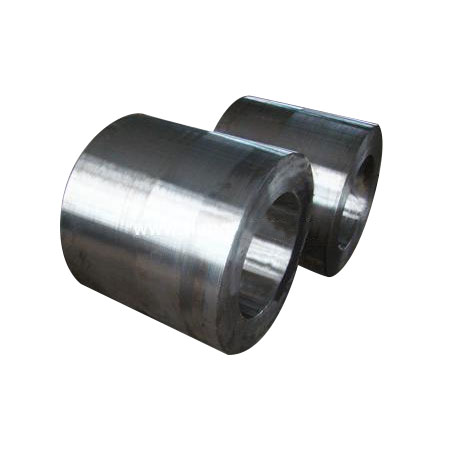Can Ring Forging be customized
2025-05-30
Ring forging can absolutely be customized, and it's commonly done to meet specific requirements across various industries, including jewelry, aerospace, automotive, and heavy machinery. Here's how it can be customized:
1. Material Selection
You can choose from a wide range of materials based on the application:
Carbon steel
Alloy steel
Stainless steel
Titanium
Aluminum
Nickel-based alloys
2. Dimensions and Shape
Forged rings can be customized for:
Outer diameter (OD), inner diameter (ID), and thickness
Profile shapes: flat, stepped, contoured, or gear-shaped
Weight and size: from a few inches to several feet in diameter
3. Mechanical Properties
Through forging processes and heat treatment, properties such as:
Tensile strength
Hardness
Impact resistance
Grain flow orientation
can be optimized for performance in specific environments.
4. Precision Machining
After forging, rings can be:
Rough or finish machine
Drilled, grooved, or notched
Surface treated (e.g., coated, nitrided, or polished)

5. Industry-Specific Standards
Customization can ensure compliance with:
API, ASME, ASTM, AMS, or ISO standards
Requirements for oil & gas, aerospace, nuclear, etc.
How to Customize?
Custom ring forging usually involves:
Submitting technical drawings or CAD files
Consulting with the forging supplier or manufacturer
Prototyping and testing if needed
Approval of material and mechanical test certificates (MTCs)
If u are interested in our products, welcome to contact us. We will contact you in 24 hours.